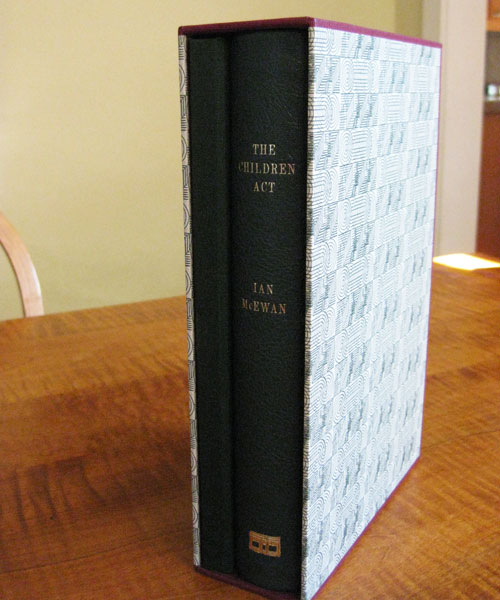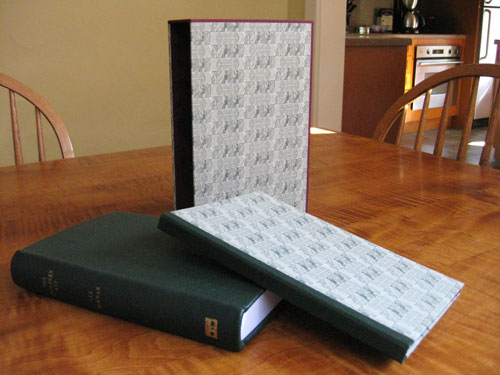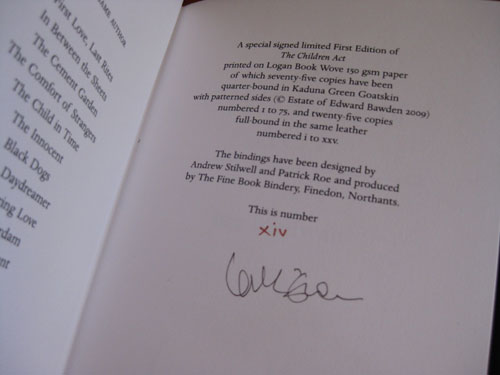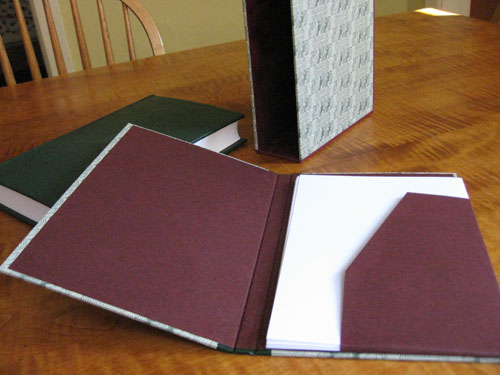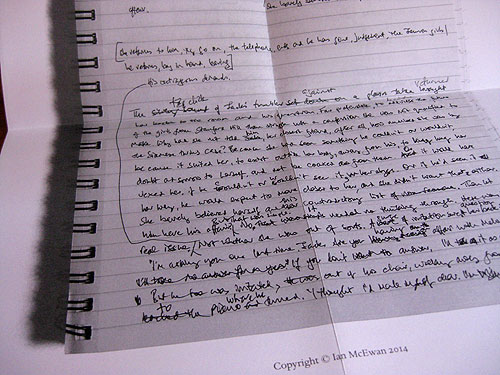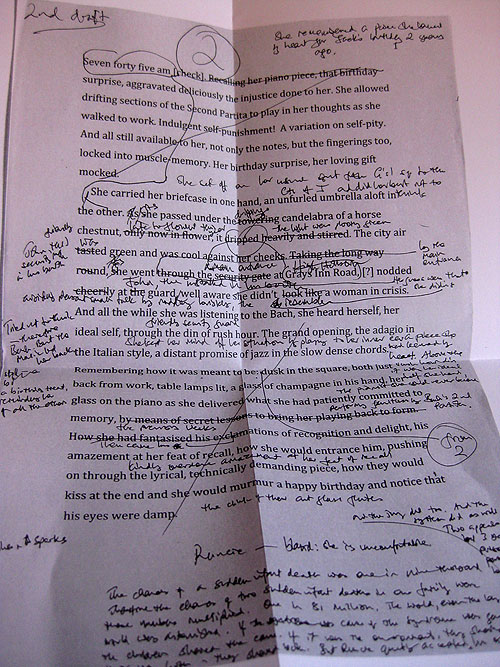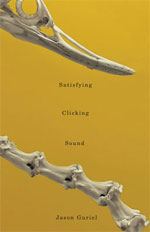
This household continues to brim with books – but is maybe starting to offer just a wee bit of breathing space – as we continue to take a year-long look at how books make their way into (and out of) this place. This report reflects the month of August, which even though it included a cottage week during which all we did was read books, we still somehow managed to have a record month in the “outgoing” column.
At the end of August, the two columns on my home office whiteboard tallied up as follows:
Incoming: 4
- All incoming books were paper.
- 2 of the books were fiction, 2 were poetry collections.
- 3 of the incoming books were purchased in bookstores (Book City and Sunworks in Red Deer, Alberta).
- 1 book was purchased online, directly from an independent bookseller in the UK.
Outgoing: 48
- 32 outgoing books were contributed to three local Little Free Library boxes.
- 7 books were given to friends.
- 5 books (mostly technical references) were donated to a workplace.
- 4 books that were damaged or grievously outdated references were consigned to the recycling bin.
It pains me to have to put a book in the recycling bin, but on occasion, that seems like the only sensible thing to do … that really, it’s just going to take up precious space in a Little Free Library box and really, no one is going to take that wrinkled, discoloured Windows 98 technical reference manual.
2014 to date: 74 books incoming, 138 books outgoing
The ratio of read to unread book incoming or outgoing is still pretty much 1 to 1, with slightly more outgoing books leaving here read rather than unread. As I mentioned before, this makes me feel like we’re sending mostly loved or at least acknowledged books back out into the world, versus having more books pass through our home to which we haven’t given any attention.
So far this year, 38 fiction, 15 non-fiction and 21 poetry books have arrived, and 61 fiction, 53 non-fiction and 24 poetry books have departed. One further observation to one I made in our last report: many of the departing non-fiction books are admittedly out-of-date technology or topical content that perhaps doesn’t have great historical value. We are consciously adjusting so that if we are going to read non-fiction or reference that might have a “best before” date, we more likely to borrow that from the library now rather than purchase it. Perhaps that’s a “well, duh” realization, but anyhow …
Our outgoing numbers continue to confirm that we have an abiding affection for our local Little Free Library boxes. If those didn’t exist, I wonder if we’d be carting more boxes of books to garage/yard sales and the like. Somehow, Little Free Library boxes seem more thoughtful, don’t they? (Do many books still make their way through Freecycle, I wonder?)
The whiteboard is erased and ready for another month as we head into the home stretch of our year of flying books …
Carrying a stack of books. Photograph: Thomas Barwick/Getty Images (via The Times)
(http://www.thetimes.co.uk/tto/arts/books/article3307489.ece)
